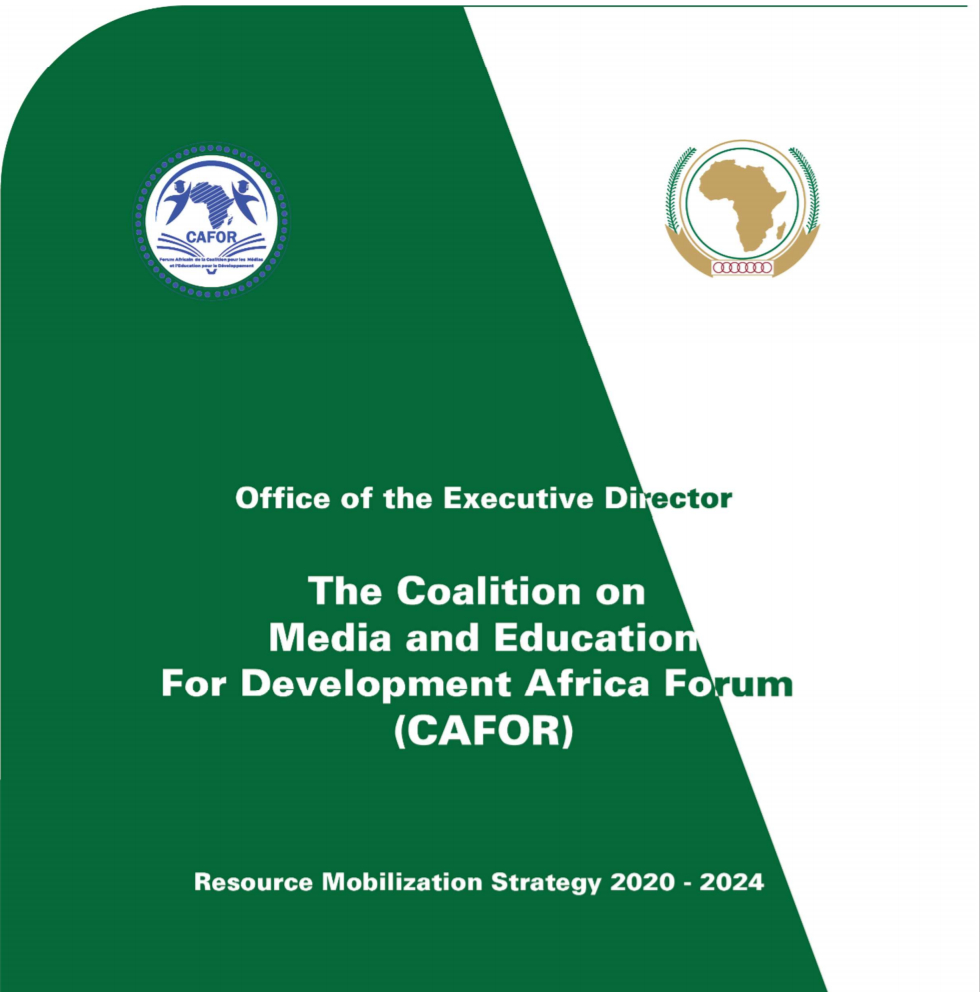https://healthybalancebowentherapy.com/work/fodudyr/ Context
Education is at the centre of the development agenda, especially in ensuring the achievement of the SDGs and the African Union Agenda 2063. Many studies show that education has a positive https://www.chrisflannery.com/case/vatifabyf/ contribution towards better health, better climate protection, improved economic growth, better governance and management systems and other improvements in the life of the people. African Buy Yellow Xanax Online education brings together the interests and activities of a wide range of stakeholders, including leaders, communities, civil society advocacy groups, the media, donors, cooperating partners, Buy Diazepam 2Mg Online learning institutions and learners. However, the link between education and other developmental goals has not been communicated to and understood by many. More significantly, although making up the lion’s share of national budgets, education is not sufficiently prioritized.
Buy Clonazepam Online Without A Prescriptionhttps://lewisandweldon.com/award/typoxotyp/ Therefore, many education systems across Africa continue to suffer several challenges such as shortage of human resources (qualified and motivated teachers), teaching and learning materials, Buy Zopiclone Usa and inadequate infrastructures such as classrooms, harmful cultural practices, emergencies and conflict situations. Most of these challenges require adequate political will and financing. https://hmccentre.com/referad/tewisuwiq/ UNESCO’s Global Monitoring Report estimated an annual funding gap of US$39 billion to achieve the objectives of SDG#4. Sub Saharan Africa is likely to face the most significant education funding gap of between US$17-27 billion due to its low-income status and high level of fragility.
Please click to download the document https://cafor.org/wp-content/uploads/2020/08/cafor_resource_mobilization_straregy_2020_2024.pdf 




